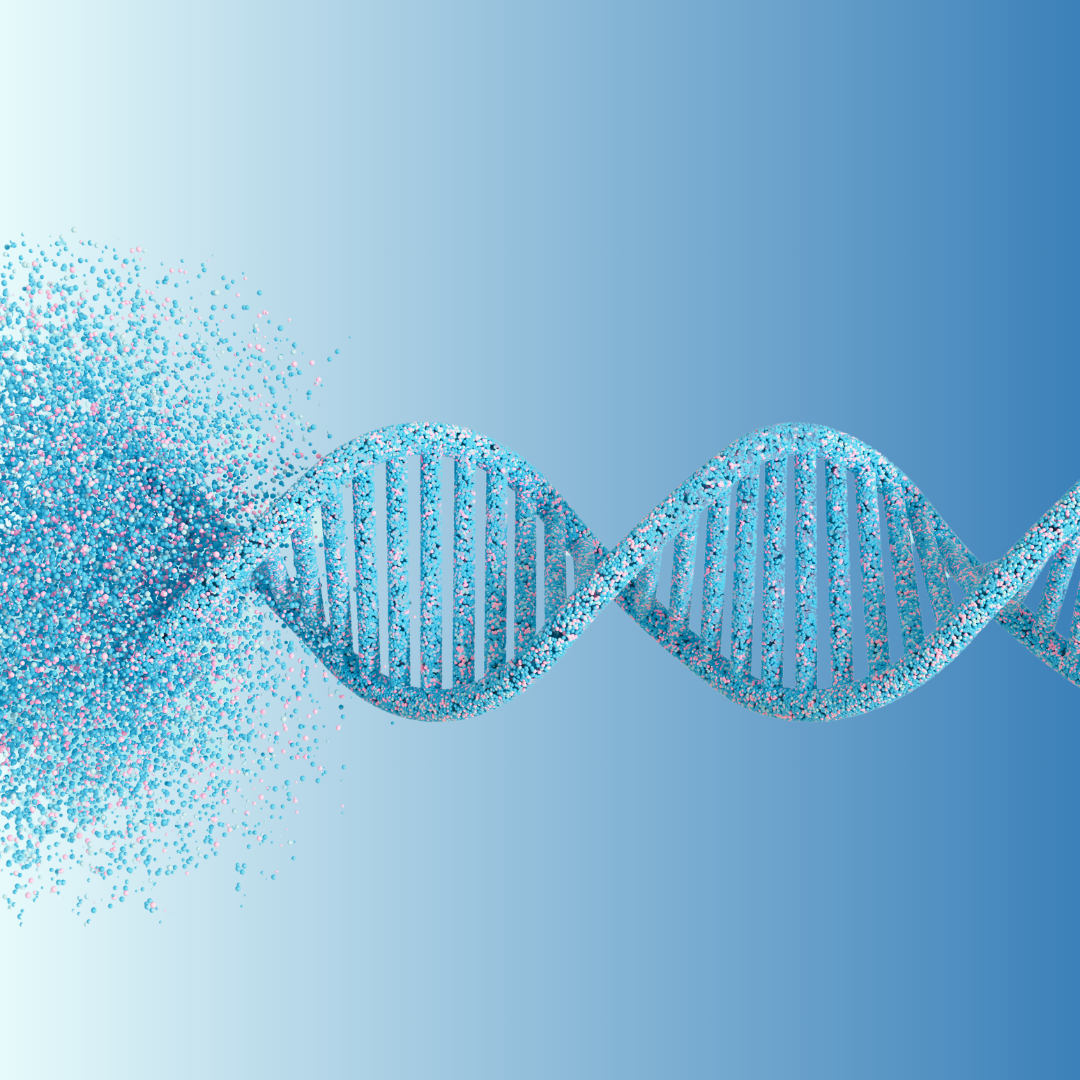Plans to genetically screen newborns for rare diseases are problematic
By Suzanne O'Sullivan,
New Scientist
| 07. 09. 2025
Rare diseases are often hard to spot. They can evade detection until irreversible organ damage or disability has already set in. Last month, in the hope of preventing just this type of harm, the UK’s health secretary, Wes Streeting, announced a 10-year plan to make genetic testing for hundreds of rare conditions part of standard newborn screening in England. The world is likely to follow, with numerous feasibility programmes already under way, including in the US and Australia. Streeting’s plan is to “leapfrog” disease before it becomes symptomatic. But how scientifically sound is this, exactly?
The genome is a list of letters that feels as if it could be read like a book, but it is a book in a language so new that only a small number of words have been deciphered. And, like any language, even those deciphered words could have multiple meanings. What is known of the risks associated with some gene variants is drawn from decades of studying families at high risk of certain conditions. But we have little experience in population-based genetic testing in...
Related Articles
By Arthur Lazarus, MedPage Today | 01.23.2026
A growing body of contemporary research and reporting exposes how old ideas can find new life when repurposed within modern systems of medicine, technology, and public policy. Over the last decade, several trends have converged:
- The rise of polygenic scoring...
By Stephanie Pappas, LiveScience | 01.15.2026
Genetic variants believed to cause blindness in nearly everyone who carries them actually lead to vision loss less than 30% of the time, new research finds.
The study challenges the concept of Mendelian diseases, or diseases and disorders attributed to...
By David Cox, Wired | 01.05.2026
As he addressed an audience of virologists from China, Australia, and Singapore at October’s Pandemic Research Alliance Symposium, Wei Zhao introduced an eye-catching idea.
The gene-editing technology Crispr is best known for delivering groundbreaking new therapies for rare diseases, tweaking...
By Josie Ensor, The Times | 12.09.2025
A fertility start-up that promises to screen embryos to give would-be parents their “best baby” has come under fire for a “misuse of science”.
Nucleus Genomics describes its mission as “IVF for genetic optimisation”, offering advanced embryo testing that allows...




